On July 3rd, a film that had never made it out of the archive—not in Vietnam, not anywhere—finally found its audience in London. Singing In The Rainy Afternoon (1990), a Đổi Mới-era melodrama follows a young girl who is accidentally blinded by fireworks. And instead of spiraling into bitterness, she chooses to let go of revenge, to forgive, and to live through music.
Đổi Mới was meant to be a national reset: modern, forward-facing, full of light. But beneath all that hope sits a harder question: when the war ends, and the future finally arrives, what do we do with the wounds we still carry?
The story, then, becomes the answer: in light, in music, in a girl who chooses not revenge, but forgiveness.
35 years after the film was made, Tuyet Van Huynh—the co-founder and director of the UK’s only Vietnamese film festival—chose it to open the 2025 season. “It reveals so many layers of Vietnamese life, of identity, of healing.” And it’s exactly that kind of complexity that she wants Vietnamese cinema to be known for.
Below, the British Chinese-Vietnamese producer tells me about amplifying Vietnamese voices in the arts, unearthing the chaotic charm of the instant noodle cinema era, and stories the world still hasn’t heard about Vietnam.
A long-absent voice in global cinema
A big part of Tuyet’s journey with Star Nhà Ease has been about the absence of stories.
Growing up in East London in the ’80s and ’90s, she identified more with her Chinese heritage than her Vietnamese roots. When asked where she was from, she’d say “Vietnamese-Chinese,” but people rarely heard the full answer. “They’d just latch onto the Chinese part and move on,” she says. “So I suppressed the Vietnamese side. It felt easier, more allowed.”
That changed the day she saw British-Vietnamese actor Tuyen Do onstage at the National Theatre. “It was the first time I saw a Vietnamese person in that space,” Tuyet says. “That’s when the question hit me: Why aren’t we sharing our stories? Where are our voices in the arts?”
That moment stayed with her. Vietnamese identity, she realised, wasn’t just something to reclaim in private—it was something to offer. And cinema was the medium.
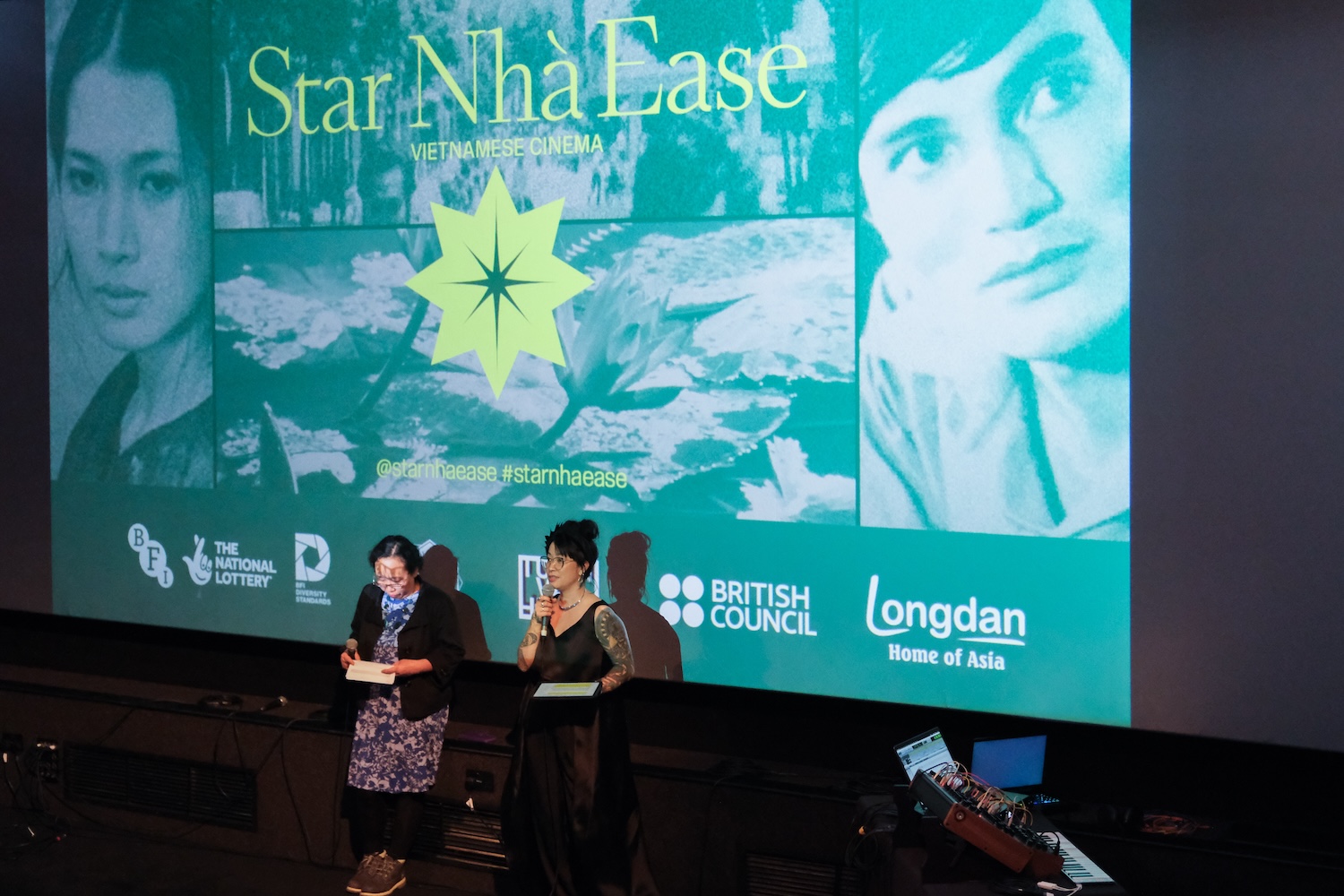
Not just a film by Coppola and the sighs of war
After its debut in 2024, Star Nhà Ease returned this year with a new season focused on Vietnam’s Đổi Mới-era. But to understand Đổi Mới, you have to understand what came before: war, displacement, survival.
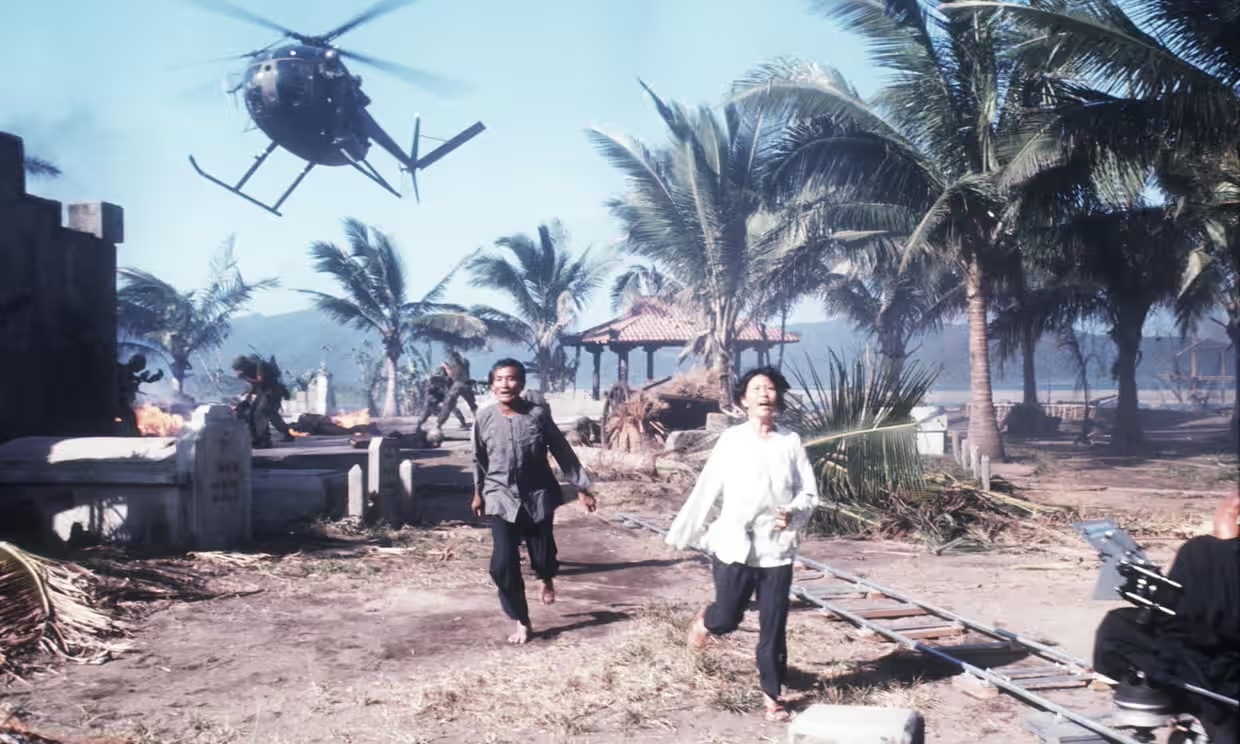
“Last year’s focus was about introducing Vietnamese cinema to a British audience through a Vietnamese lens. Because up until then, Vietnam on screen—at least in the UK—had mostly been represented through the Hollywood canon. Think: Apocalypse Now, Full Metal Jacket. So the idea was: what happens when we let Vietnam narrate itself?” Tuyet says, “We chose to include films that still touched on the war narrative because those stories hadn’t really been heard.”
As a nation, Vietnam can’t and shouldn’t disregard the war. It’s part of the country’s fabric. It still lingers, like an undercurrent. Walking me through the process of curating this year’s festival, Tuyet said: “The war is not the centre of storytelling anymore. It may be present, but it’s no longer the only lens.”
That shift is what defines this year’s programme. The Đổi Mới years, and especially the instant noodle films of the ’90s, mark a cinematic turning point. “They were full of joy, rebellion, reinvention,” she says. “It felt bold. It felt different.”
This year’s lineup includes Bar Girls (2002)—a film that dared to name what was then, and in some ways still is unspeakable: sex work, HIV/AIDS, misogyny.
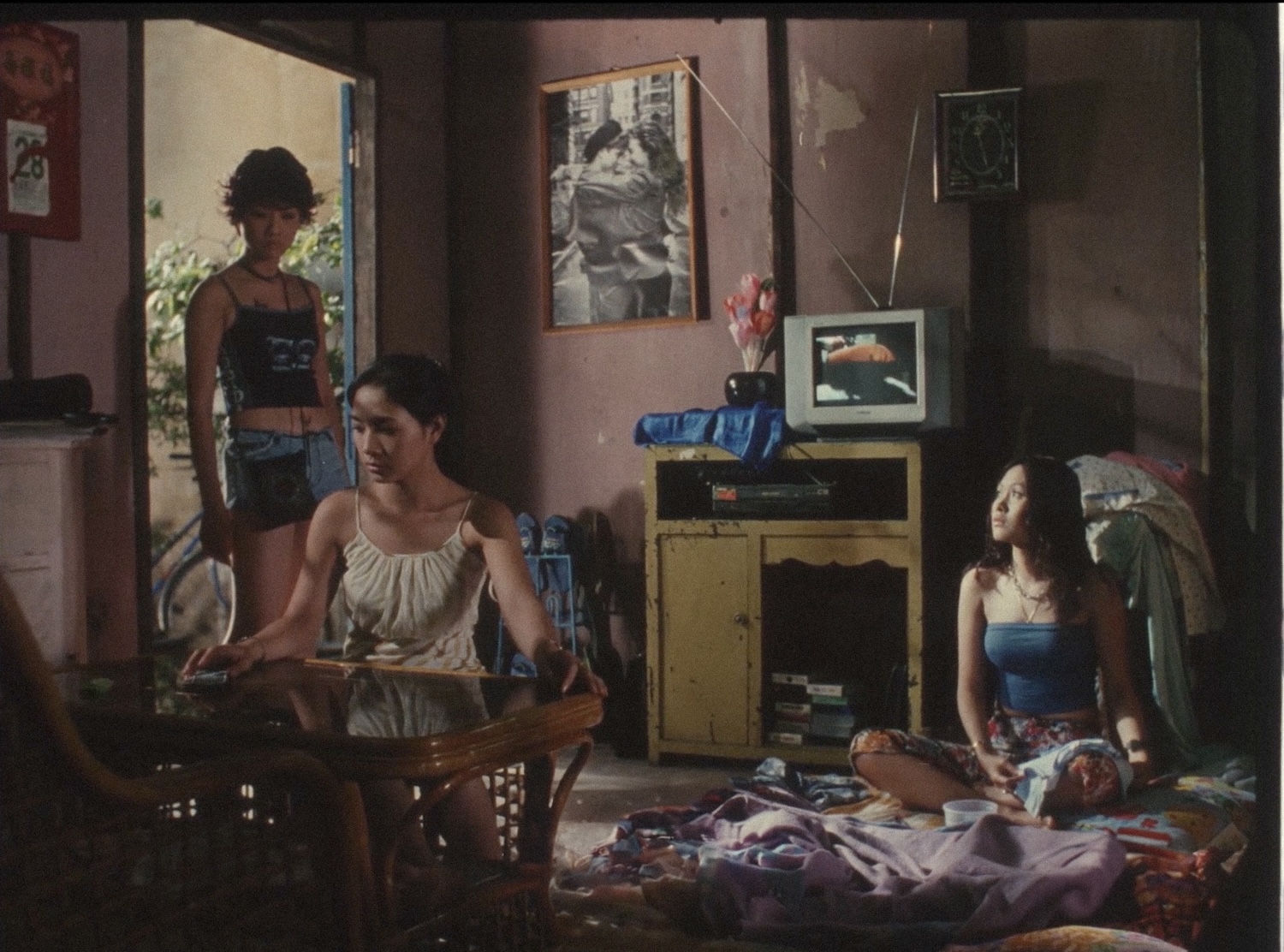
“Seeing Vietnamese cinema confront gender inequality and sex work so directly really challenged the assumption that our films only deal in tradition or family or war,” Tuyet says. “There’s so much more. And these stories are long overdue for international attention.”
Another standout: Children of the Mist (2021), a documentary centered on a Hmong girl resisting the cultural practice of bride kidnapping. Directed by a woman and rooted in a world rarely represented on screen, the film is both intimate and devastating.
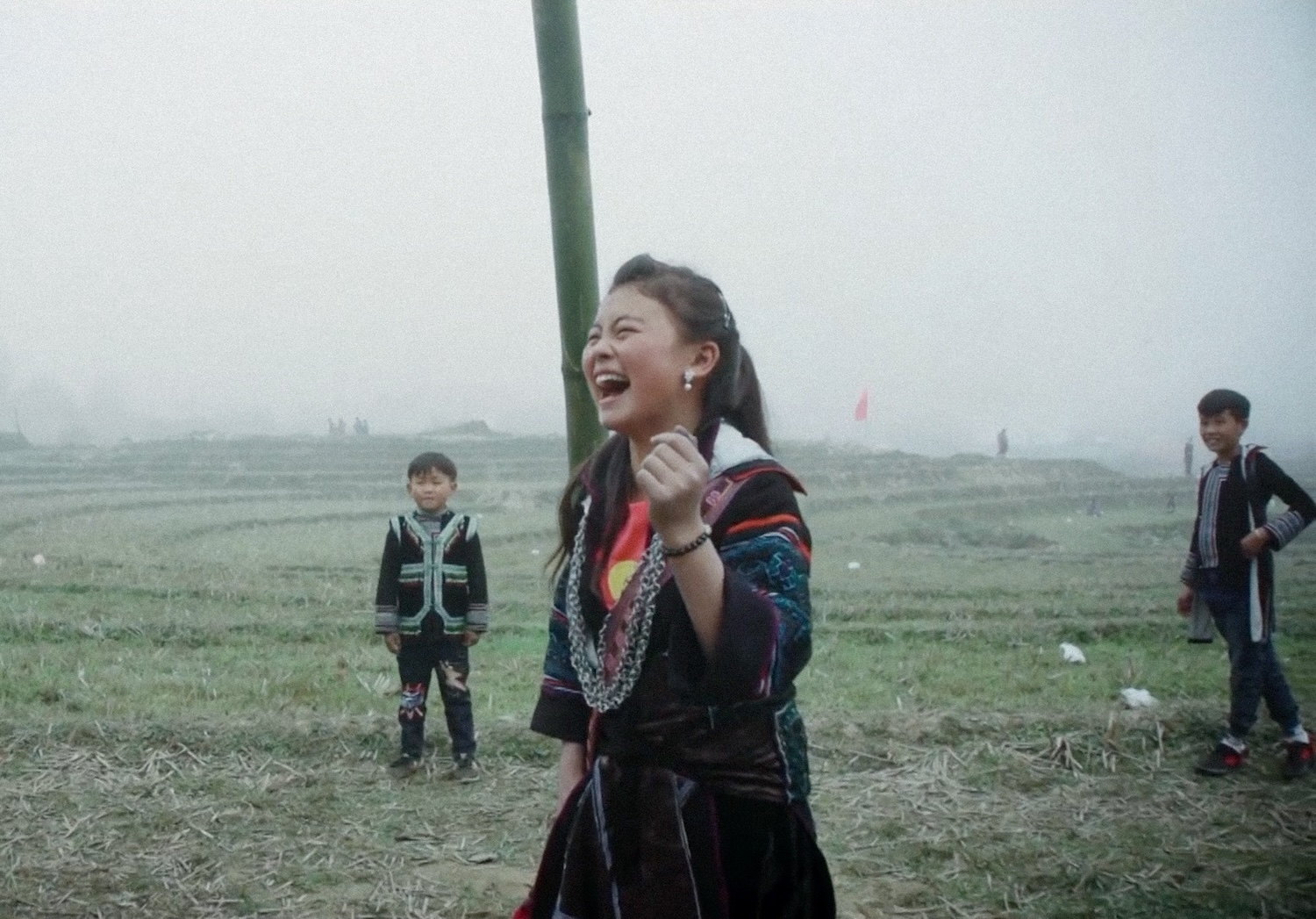
One of Tuyet’s driving curatorial themes this year is women in cinema. Not just women as characters—but women as directors, questioners, disruptors.
Still, she’s aware of the tension. If the goal is to introduce Vietnamese cinema to global audiences, shouldn’t it show Vietnam in a good light?
“Vietnam, as a nation, wants that,” Tuyet says. “And of course, we want international audiences to see a Vietnam that’s thriving, modern, full of energy and promise.”
What we try to do is not tell the version of Vietnam that has been told—but the version that has yet been heard.
Tuyet could have stopped at the surface—offering up only glossy, digestible images of modern Vietnam. But instead, she leaned into the messier truth. “The complexities, especially the hidden or sensitive sides of our society, are still so underrepresented,” she says. “Vietnamese cinema isn’t just beautiful or bright. Like life itself, it’s complex and multilayered—holding both joy and violence, tenderness and sorrow.. That’s what makes it worth watching.”
To reframe how Vietnamese cinema is presented, discussed and perceived
There’s no single way to tell a Vietnamese story but there are definitely styles that have been adopted across different eras of Vietnamese cinema
The instant noodle period of the 1990s, for example, is fast, messy, and wonderfully alive. “The editing’s chaotic, the cuts are rough,” Tuyet says, smiling. “But there’s a charm in that. It’s rebellious. It reflects the energy of a country breaking into a new era.” The films were made quickly, often on shoestring budgets—but they pulsed with urgency and reinvention.
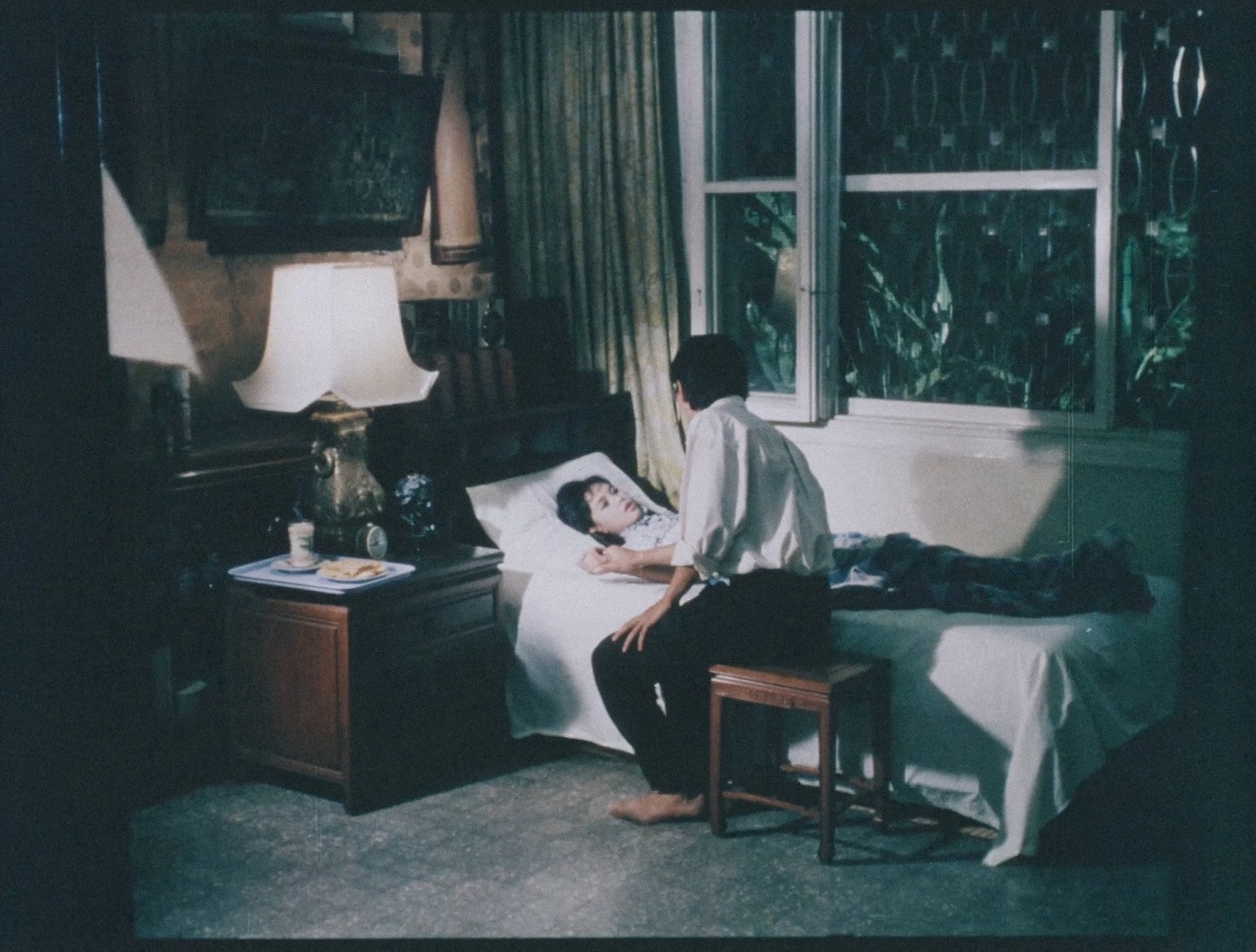
By contrast, the films Star Nhà Ease introduced last year such as Little Girl of Hanoi, When the Tenth Month Comes, Travelling Circus are much slower in pace. The storytelling is quiet, poetic. Those films engage with trauma and grief, but in a very introspective way. The pacing itself becomes part of the emotional atmosphere.
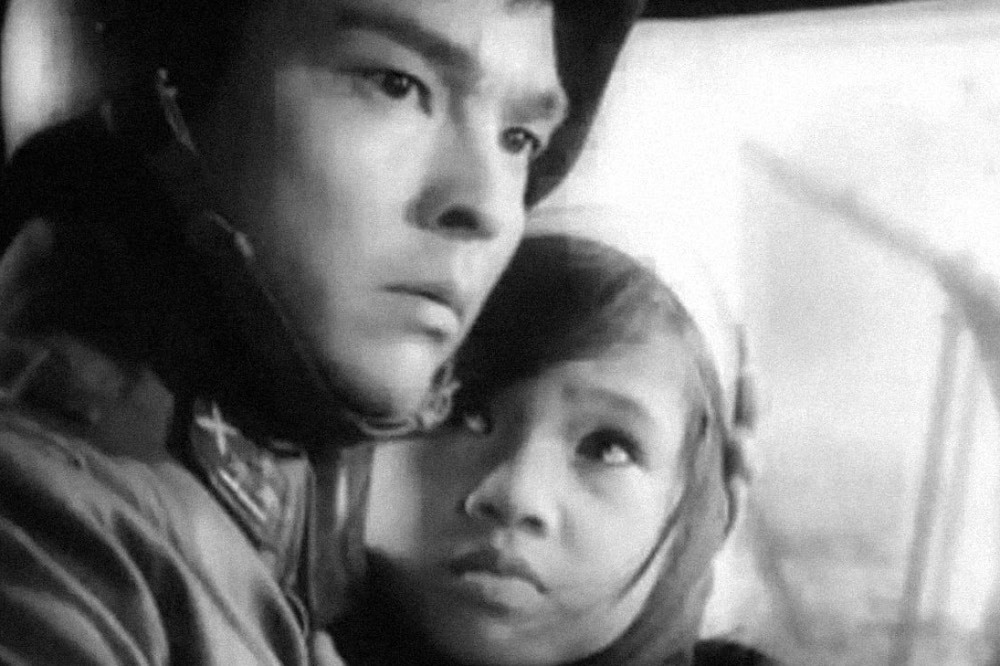
That range is what excites her. “There’s no one set way of storytelling in Vietnamese cinema,” she explains. “But there are distinct styles—shaped by time, place, and intention. Different aesthetics. Different emotional languages. That’s what makes it so rich.”
And clearly, the audience feels it too. Feedback from this year’s festival has been overwhelmingly positive. Tuyet laughs recalling one comment written in Vietnamese: “Thích lắm!” (I like it a lot),
But it’s not just about sold-out screenings. For Tuyet, success looks like this: “One person from the Vietnamese community, someone who’s never seen themselves represented on screen, walks into the space, feels safe, and connects with a story that reflects them. That’s it. That’s the goal.”
I don’t want to reframe Vietnamese cinema. What I do want to reframe is how it’s presented, how it’s discussed, and how it’s perceived—especially outside of Vietnam.
Tuyet continues, “It’s about shifting the lens through which it’s viewed.”
About Star Nhà Ease and their 2025 season
The UK’s only festival dedicated exclusively to Vietnamese cinema and contemporary art.
The 2025 season will run throughout July and August 2025 in London (Rich Mix, The Garden Cinema), Manchester (Cultplex), and Birmingham (MAC).
Digital offerings include The Bitter Taste of Love (1990) by Le Xuan Hoang, Grandfather & Grandson (2006) by Tham Nguyen Thi, Flowing with The Current (2020) by Ly Nguyen Ngoc Thao.
For more information, visit their Instagram.
